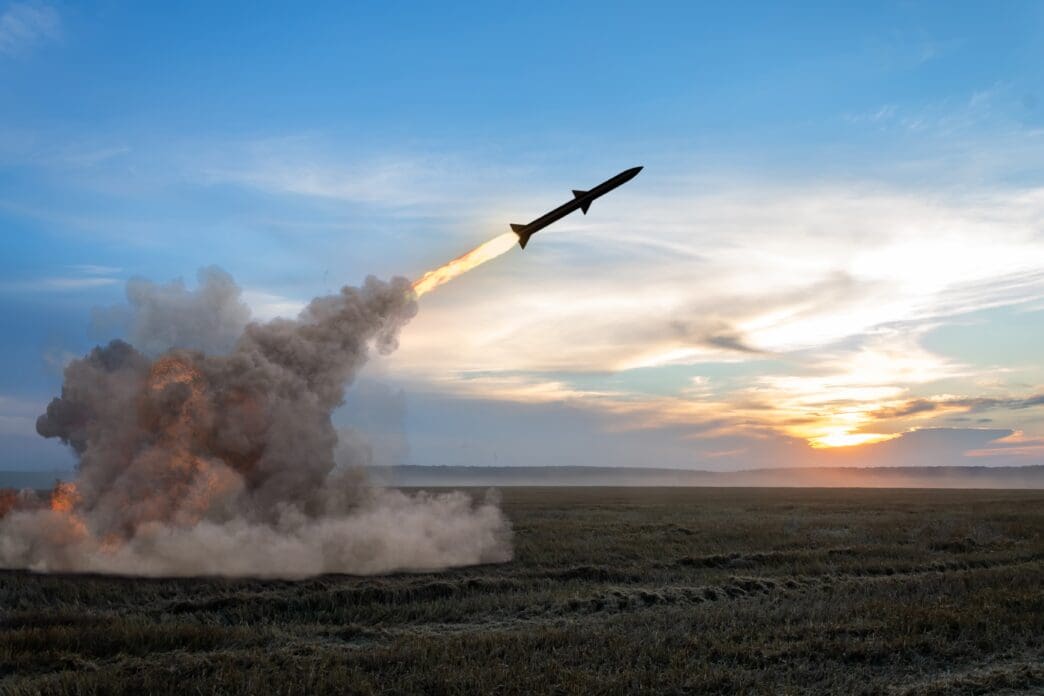Executive Summary
The Story So Far
Why This Matters
Who Thinks What?
European leaders concluded the 7th European Political Community (EPC) summit in Copenhagen on October 2, 2025, reaffirming their strong and unwavering support for Ukraine amidst escalating Russian provocations. Danish Prime Minister Mette Frederiksen underscored the financial commitment, stating that every euro sent to Ukraine constitutes a direct investment in European security.
European Security Concerns Amidst Russian Aggression
Prime Minister Frederiksen warned that Russia is actively “testing” Europe through a series of provocations and hybrid attacks. She cited airspace violations, drone attacks, pressure on borders, interference in democratic elections, and cyberattacks on critical infrastructure as clear indicators of Moscow’s aggressive posture.
“It is clear to everybody that Russia is a threat, not only to Ukraine, but to all of Europe,” Frederiksen asserted. She emphasized the critical need for European unity and strength to deter further aggression, aiming to make war against the continent “no longer an option.”
Continued Support for Kyiv
Calls for enhanced backing for Kyiv dominated discussions, with leaders advocating for increased weapons supplies and additional sanctions against Russia. Frederiksen confirmed Denmark’s and Europe’s willingness to assist Ukraine in scaling up its domestic drone and missile production capabilities.
Ukrainian President Volodymyr Zelenskyy addressed questions regarding potential strikes on Russian energy infrastructure, reiterating that Ukraine’s actions are solely in response to Russian attacks. On the prospect of acquiring long-range missile systems, he indicated ongoing discussions with the US President, suggesting potential future developments.
EU Enlargement and Frozen Assets
The summit also touched upon Ukraine’s aspirations for EU membership, despite opposition from some member states, notably Hungary. Frederiksen maintained that work on Ukraine’s EU accession should proceed, stating, “I will not allow one country, and I will certainly not allow Viktor Orban to take decisions about the entire European future.”
Discussions included the complex issue of using frozen Russian assets for reparation loans to Ukraine. While acknowledging the technical and legal challenges, Frederiksen expressed optimism that a solution garnering support from all 27 EU member states could be found, despite initial difficulties from some governments, such as Belgium’s.
About the European Political Community
The European Political Community was established in 2022 at the initiative of French President Emmanuel Macron. It serves as a forum for dialogue and cooperation among European nations, both within and outside the European Union, fostering informal discussions in response to Russia’s full-scale invasion of Ukraine.
The Copenhagen summit underscored a unified European front, determined to provide sustained support to Ukraine and bolster collective security against ongoing threats. Leaders reiterated their commitment to strengthening Europe’s resilience and capacity to act cohesively in the face of geopolitical challenges.








